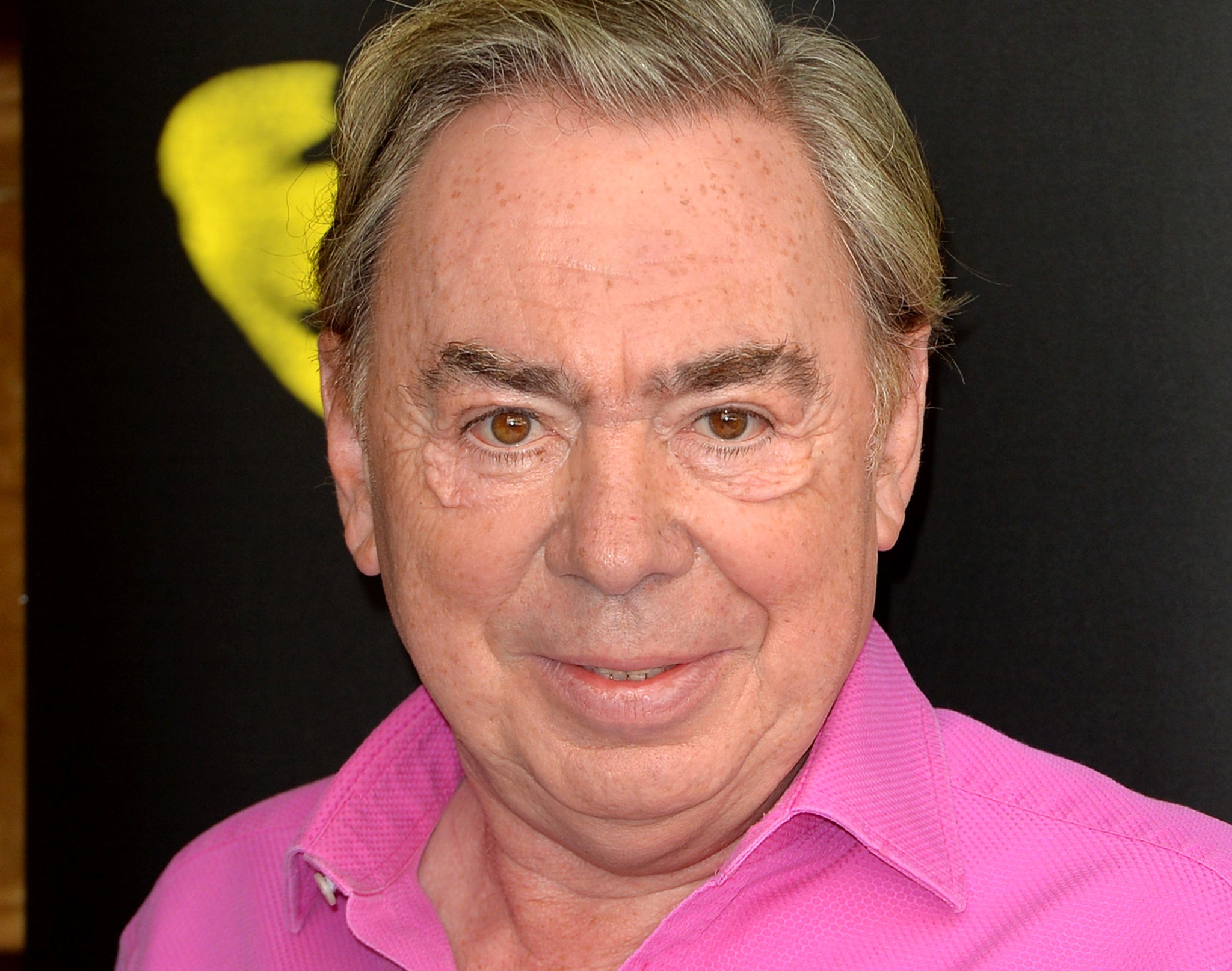You can hear the play, don’t expect to see it too!
Andrew LLoyd Webber’s revelation about seats with lousy views is shocking


Andrew Lloyd Webber, owner of six West End theatres, has made a speech saying that “there are theatres from which frankly you can’t see and that aren’t fit for today’s purpose.” Helpfully, he gave exact numbers with one example, the Palace theatre. He said: “It has the fundamental drawback that it’s got 1,500 seats from 600 seats of which it’s very difficult to see, with 400 up in the gallery. Human beings have grown taller and bigger."
Wow. I think that is the appropriate expression to use. One of the most important and knowledgeable people in theatre and in entertainment generally, acknowledges that you can’t see from many theatre seats, and from over a third of the seats in one theatre alone. It says a lot for how little we expect from our visits to the theatre that that fact is blithely accepted as a hazard of a night out, and not seen as an outrage, rip-off and utterly unacceptable state of affairs.
Speaking at the London Press Club Awards, where he was named Londoner of the year, Lord Lloyd-Webber went on to criticise poor views in gallery seating, saying this was left over from “a class structure we don’t have any more”.
Again, he’s right. We don’t have that class structure any more, but we do still need to encourage young people into a theatre-going habit, and the best way is through cheap seats in the balcony. Yes, of course, they should have good views too, but let’s not ignore the fact that balcony seats have become way too expensive, including in Lord Lloyd-Webber’s theatres.
But even ahead of my constant bugbear of ticket price, being able to see the stage properly must take priority. That you still can’t in hundreds and hundreds of seats in West End theatres (those very theatres to which audiences often have to contribute “restoration levies” when they buy tickets) is a disgrace.
Why didn’t Andrew Lloyd-Webber’s speech provoke an immediate, emergency meeting of the Society of London Theatre and all the owners and producers in the West End? While they were still basking in the reflected glory of the starry Olivier awards, here was a major player saying that many of the theatres which hosted those award-winning performances weren’t fit for purpose, and they were charging people for seats that you couldn’t even see from.
I’d suggest that pending the emergency meeting, which I sincerely trust will be announced shortly, there is a £10 maximum ticket price for all seats that do not have a proper view, including the 600 that Andrew Lloyd Webber has identified at the Palace.
Went to the theatre the other day, couldn’t actually see the play but it sounded great. No, that will no longer wash.
Labour’s new commitment to the arts is not so new
Labour’s manifesto promises a “Prime Minister’s committee” on the arts, culture and creative industries, which will bring problems in the sector directly to the Prime Minister’s attention. It’s a strong commitment, but actually there was an even stronger commitment under the last Labour Prime Minister, Gordon Brown, even though that went largely unpublicised. Under his premiership, a specialist arts consultant, the now sadly deceased Helen Scott Lidgett, was based in 10 Downing Street as arts adviser and had a seat at Gordon Brown’s policy table. She would regularly invite people in the arts into Number 10 — I was an invitee on a couple of occasions — and report concerns back to the PM. Having a dedicated arts adviser in Number 10 takes some beating.
The National Theatre should have known if it needed a chief executive
One’s journalistic eyebrows always rise when a news release is put out at 7pm at night. That is when the National Theatre chose to release the news that Tessa Ross was stepping down as chief executive after a remarkably short tenure. It was also the night of a televised election debate, so I suspect that not too many national papers had the time or resources to investigate this. It’s strange that the announcement wasn’t made earlier that day, or early the next day. Whatever the reasons for the timing, Ms Ross’s statement that it had become clear to her that the National did not need a chief executive (it already has an artistic director and an executive director) begs a question. Did the board not consider that fact when it appointed her?
d.lister@independent.co.uk
twitter.com/davidlister1

Join our commenting forum
Join thought-provoking conversations, follow other Independent readers and see their replies